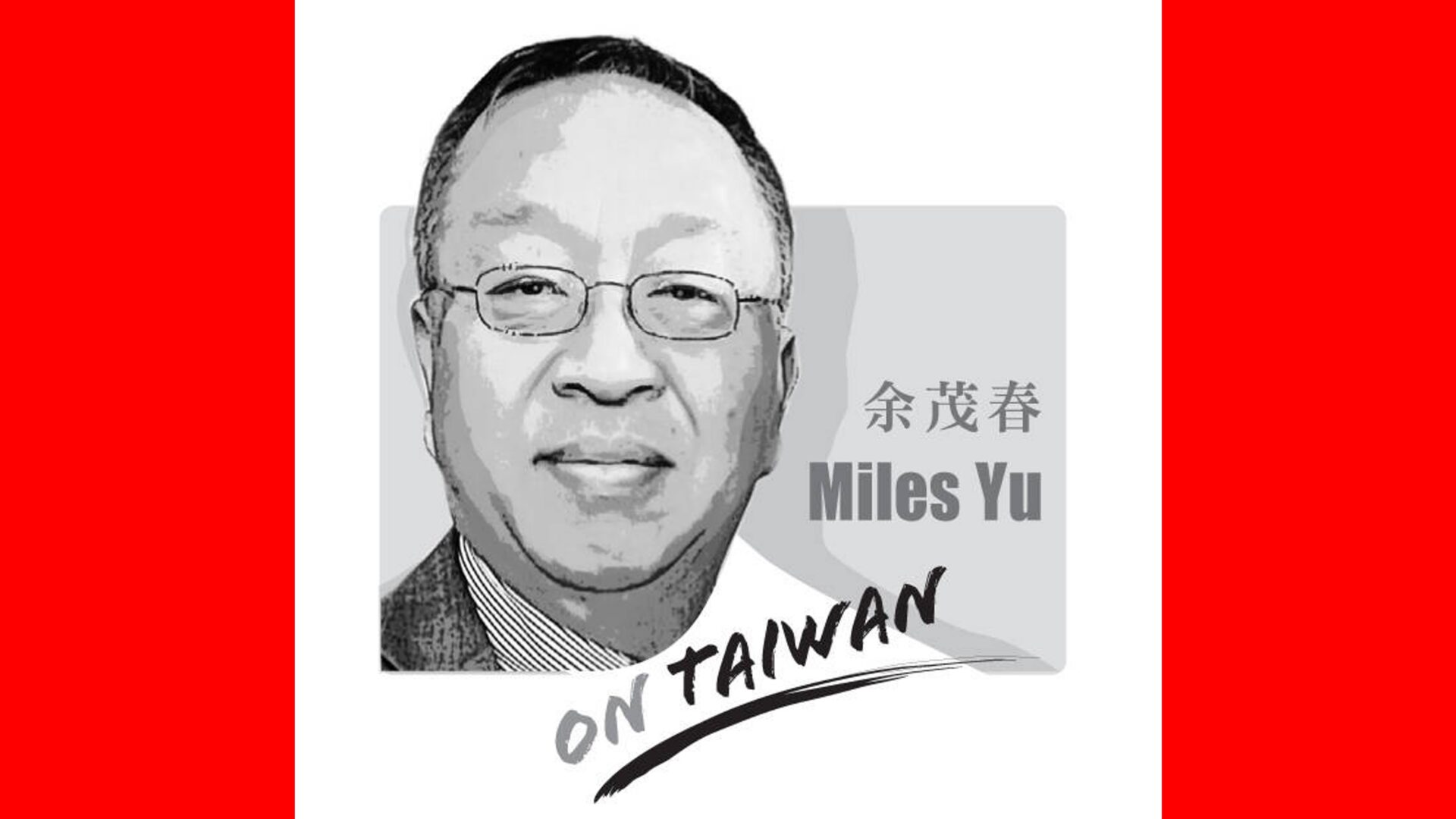
Keith Krach and Biden “Asia Chief” Kurt Campbell Deliver Briefing on Building Alliances through the “Trust Principle”
Krach Institute for Tech Diplomacy at Purdue
04.07.22WASHINGTON, DC – The Atlantic Council hosted a bipartisan briefing on leveraging Tech Diplomacy to build trusted alliances. The exclusive briefing was delivered by former Under Secretary of State Keith Krach and the Biden Administration’s Coordinator for Indo-Pacific Affairs at the U.S. National Security Council, Kurt Campbell. Atlantic Council President Fred Kempe described the event as a rare briefing featuring two people at the forefront of government and private sector efforts to bring together U.S. allies and partners to meet the greatest challenges of our time.
“Krach is a leader in uniting like-minded stakeholders through a series of trust principles under the ‘Trust Doctrine’ to drive change, for which he has been nominated for the 2022 Nobel Peace Prize. I can’t think of a more important time to be doing this kind of work. The Atlantic Council is delighted about the Institute’s official launch,” said Fred Kempe. “The Krach Institute is the first institution of its kind focused on Tech Statecraft, a new model of transformational diplomacy that integrates high-tech strategies with foreign policy tools and national security to ensure trusted technology is used to advance freedom.”
Related Posts

article
The Era Of ‘Tech Diplomacy’ Is Here
Technology is the new frontier of international relations. The interaction is bi-directional: technology is defining diplomatic matters while diplomacy is also influencing the development and deployment of technology. Take semiconductors as an example. This is a technology that forms the foundation of digital economy, national security, and productivity in almost all industries. Global supply chain in the semiconductor industry is shaping U.S. foreign policy. Conversely, America’s diplomatic effort has been redefining the supply chain. Tech diplomacy is different from science diplomacy, which became a key pillar for the U.S. and other countries since World War II. Scientists participated in treaty negotiations, engaged in bilateral summits and served as attachés at embassies. Primary topics included nuclear proliferation, super-collider construction, human space exploration and environmental science.

By: Miles Yu
article
Miles Yu On Taiwan: China’s lessons—and fears—from the Wagner revolt in Russia
For over a century, tumultuous events thousands of miles away in Russia have impacted China profoundly. Mao Zedong (毛澤東) famously said that the cannon sound of the October Revolution brought Marxism-Leninism to China. Now Xi Jinping (習近平) fears that last month’s Wagner revolt may provide a model for the Chinese Communist Party’s undoing.